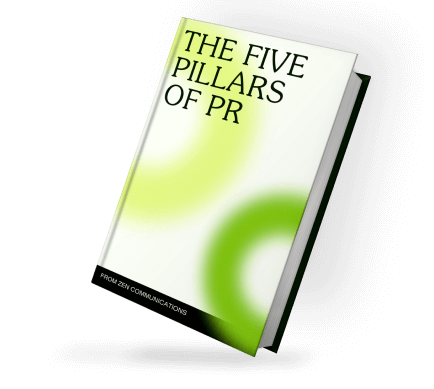Free e-book download click to download the first two chapters of ‘The Five Pillars of PR’
In the words of Mark Twain: “I didn’t have time to write a short letter, so I wrote a long one instead.”
But what does he mean?
Well, strong writing is often lean writing. In fact, some of the most impactful text is shorter and gets straight to the point. But similarly to how we speak, many individuals tend to include words that actually aren’t necessary.
For example, did we need to use the word actually in the sentence above? Did it make any difference to the impact of the sentence?
These words (known as redundancies) don’t always add anything to the point being made, and so making writing longer and littered with them, doesn’t mean it is better.
And other words can often creep into text too. Rather than making it sound confident and precise, it can result in it coming across as vague. ‘Just’ is another grammatical offender. Many people use ‘just’ as a filler in everyday vocabulary, such as: ‘I just thought I’d drop you an email’, or ‘just writing to ask’. While it can soften the request or action, it can also make the writer sound desperate. In most cases, removing it altogether would make the writing stronger and more impactful.
‘Perhaps’ and ‘maybe’ are other writing bugbears. They can make text (and therefore the author) sound uncertain and unsure, and often obscures the meaning. The problem with these is that they make the writer’s intentions unclear – for example: ‘we could perhaps meet for lunch at two’, or ‘you could maybe send through the document.’ It doesn’t provide a call-to-action, rather just an indefinite comment.
But this doesn’t mean that certain words in writing aren’t always useful or relevant when used in the correct way.
Because words are extremely powerful, and have the ability to inform, enthuse, and influence. Carefully crafted, considered and strategic writing isn’t churned out in a second. It’s much more than simply putting pen to paper. In fact, it’s understanding the needs (and wants) of your audience, their personal profiles, and the preferences of those that matter the most to you.
There absolutely is a place for redundancies, artfully vague language and non-descriptive words. (If you need a refresher, you can read all about the psychology of language here).
So, why choose a word over another? Or which ones should you omit from your communications? Well, that’s up to you. But do remember in an Orwellian way, that all words have impact – some just have more impact than others.
If you need further help or guidance on the power of words, then please do get in touch with one of the team ☺


Free Download